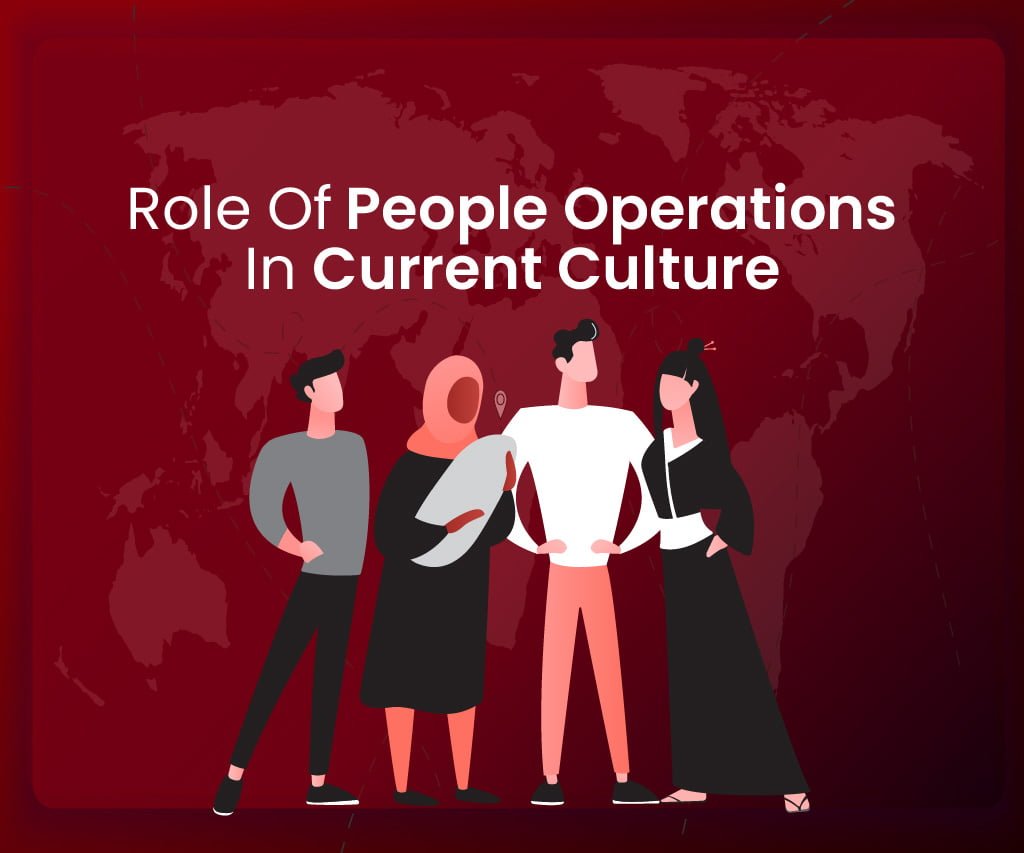Businesses are changing quickly, and we’re entering a period where they recognise the value of putting customers first. Now, let’s talk about people operations or people Ops.
Lazlo Bock, a former Google SVP of People Operations, led the effort to develop the phrase “People Operations” in 2006. He also penned the best-selling book “Work Rules!” about his career, the hiring process, and People Ops at Google.
So What are People Operations?
A person-first approach to employment is referred to as “people operations,” “PeopleOps,” or even “POPS.” It adopts a holistic perspective on development, well-being, and outcomes.
While some see it as a “rebrand” of current HR tasks, others define it as Human Resources (HR) integrated with Operations. The distinction is more than merely conceptual. Legalities and policies are handled by traditional HR; while important, these issues are secondary to the goal of forming employees to fit an enterprise. Contrarily, People Ops is a paradigm change that centres work on people. It is transitioning from a culture of compliance to an autonomous culture.
Key Priorities of People Operations?
Each organization’s people operations department is working to accomplish many important goals. Some of them are listed below:
- Connecting Individual Employee Performance with Company Goals
All employees must be guided toward understanding their core function within the larger business via people operations. They also keep emphasising how the workers are advancing the objectives of the business. They are responsible for creating work that fosters engagement, motivates employees to show up, and inspires them to keep learning.
This is essential for organisational commitment, but it’s also important for team engagement because motivated teams are more likely to work harder and be more committed to their jobs, which will increase sales and support business expansion. Major organisational objectives should also involve People Ops, who may discuss their viability and raise any pressing issues.
- Mapping Employee Journey and Life Cycle
A recent survey found that 40% of employees blame their lack of recognition for making them unmotivated at work. In companies with a recognition culture, employee turnover is reduced by 31%. The mission of people operations depends on developing and implementing a rewards system and an acknowledgement culture that encourages employees to feel valued.
A series of informal emails or an employee incentive programme may be used to complete this procedure. No matter what system or strategy is employed, it is irrelevant. The objective is to increase the sense of value among employees, who serve as internal customers. As a result, a people operations manager must assist staff members in maintaining their sense of purpose at work and developing the workforce’s potential.
- Employee Training
Ensuring that employees have the chance to develop and learn is the responsibility of those in human operations. This training includes leadership development, career pathing, upskilling and retraining, and KPIs for specific activities.
All employees will feel competent and valued in a workplace that values lifelong learning. As a result, the company is better able to accomplish its objectives. Motivated, diligent, and consistent personnel outperform their counterparts who have not been well trained. As a result, putting up and executing an effective strategy for staff development is critical.
- Change Management
One of the main tasks of people operations is change management. To this list, we have added system upgrades, a switch from paper-based to digital procedures, personnel reorganisations, adjustments that take goals into account, and adjustments motivated by internal research.
If these organisational transformations are monitored and controlled, they can be adopted easily and seamlessly. It guarantees that there will be no (or very little) detrimental effects on the company’s overall goals and productivity.
Wrapping Up
The people operations model’s significance may already be seen in human operations’ primary goals and priorities. It is appropriate to summarise the facts by stating that, regardless of the department or team, excellent people functions are the only way for an organisation to add value.
No matter how big or small your business is, you must create a people operations team apart from other typical HR teams so that you may work on improving the HR strategy and make sure that your employees come first rather than your tasks or goals. Employees who feel and recognise their value ultimately find it difficult to complete the tasks and increase productivity inside your company.
In other words, PeopleOps encourages areas for innovation and advancement that assist members in developing into priceless assets to the company, boosting the value for shareholders.
Businesses must treat employees with respect and not just as resources if they are to help them attain their full potential. When resources are not valued, they frequently end up being abandoned. When you invest in people, their value rises.









0 Comments